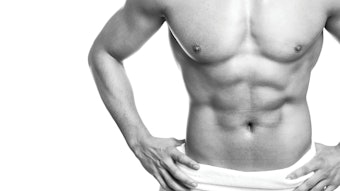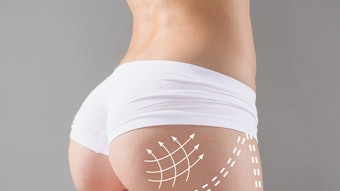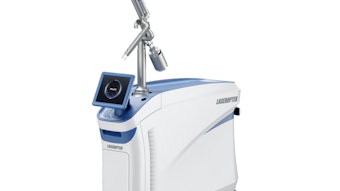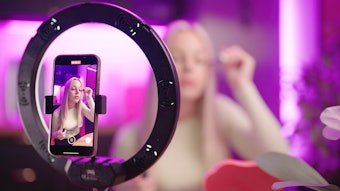RepliCel Life Sciences has announced the successful completion of its first-in-human clinical study of autologous cell therapy for the treatment of male and female androgenic alopecia.
RCH-01 successfully met its Phase 1 trial endpoints: The five-year trial data confirmed the safety profile of high-dose of dermal sheath cup cells (DSCC) for patients with pattern baldness due to androgenic alopecia. The DSCC form the basis for the RCH-01 product, and long-term safety of DSCC injections was demonstrated through multiple physician, patient and independent measures of local and systemic tolerance.
No serious adverse events were reported over the entire 60.5-month follow-up period of the trial. Local injection tolerance was confirmed. Subjects experienced only a few minor scalp irritations reported around injection sites that quickly resolved. Histopathological evaluation of injection site biopsies taken 6, 12 and 24 months after injection did not reveal any pathology that was suggestive of tumor, granuloma or foreign body formation. An analysis of injection site biopsies taken 60.5 months after injection is currently ongoing with results expected in the next few weeks.
RepliCel notes that the trial was designed to gather data related to the product’s potential efficacy through 24 months post-injection. The efficacy data collected from all 19 participating patients, while not statistically significant, provides useful insights into the product’s potential for the treatment of those with androgenic alopecia.
The seven top-tier responders in the trial saw >10% increase in hair density at six months post-injection; at 24 months, the average hair density increase for these same seven participants was 8.3% over baseline, and three of these seven trial participants maintained a >10% increase in density over baseline. The largest increase in hair density over baseline observed in this group was a 21% increase at 24 months. The top 10 participants reported at least a 5% or greater increase in hair density at six months post-injection with an average increase of 11.8%. This group demonstrated a sustained response at 24 months that averaged a 4.2% increase over baseline hair density. While there was a high degree of variability in hair density between individual participants at 24 months post-injection compared to baseline, an overall stabilization of hair loss was observed among all the patients treated per protocol.
“As we march toward commercialization of this product based on this first-in-human data, our aim is to revolutionize the way we prevent, treat, and even reverse hair loss,” said RepliCel president and CEO R. Lee Buckler. “We have a much greater understanding and opportunity for further insights from the hair density responses recorded in this first-in-human trial. This data will feed back into our R&D programs and help us develop the best possible product and treatment protocol for men and women suffering from androgenic alopecia.”











